You may not realize it, but you probably know someone who has struggled with infertility.
According to the Centers for Disease Control and Prevention (CDC), over 12% of women aged 15-44 have impaired fertility.
At LittleThings, we love to write about successful infertility stories — ones about couples who finally are able to have children after years and years of trying.
Unfortunately, not every infertility story ends positively. Many people are never able to have children, even if they pursue fertility treatments and other options.
In the United States, 7.3 million people have used infertility services; that means that even if you think it doesn't affect anyone you know, you may be wrong.
Not being able to get pregnant is emotionally and mentally (and sometimes physically) challenging for couples, and they may turn to friends and family for support during this time.
If anyone you know is struggling with infertility, it's important to know what you can say to help them, and what you shouldn't say.
Thumbnail Photo: Max Pixel
#1: "Are You Pregnant Yet?"
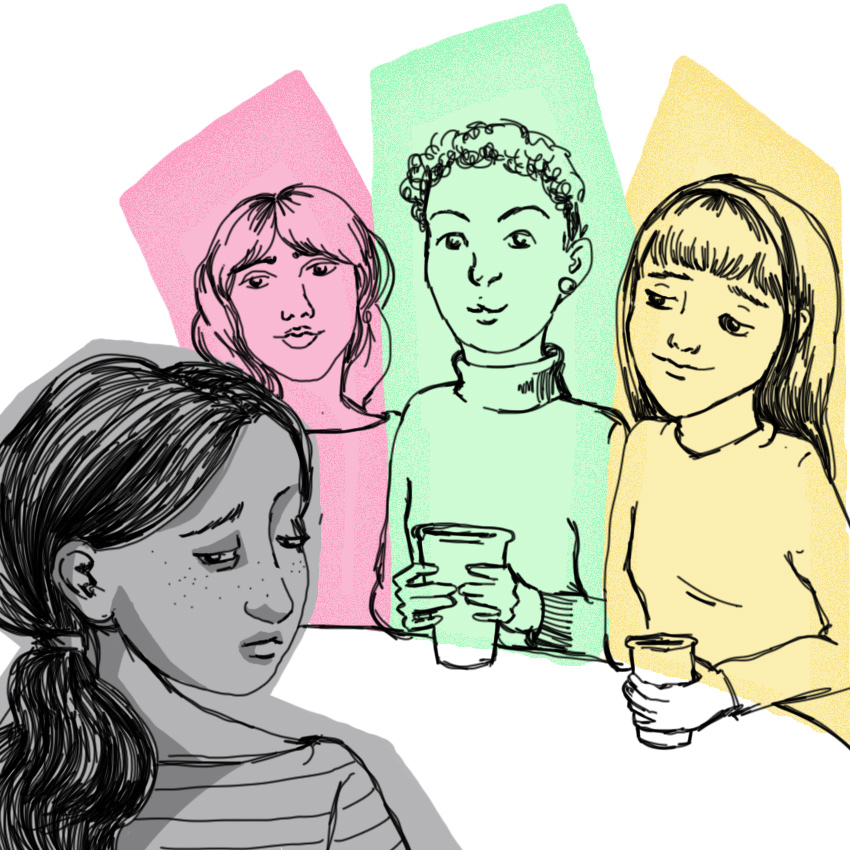
If you know someone is having a hard time getting pregnant, asking if they're expecting yet can come off as insensitive.
This is a question they probably ask themselves every single day, and it can be hard to admit to others that no, they still aren't pregnant.
They're trying as hard as they can to get pregnant, so they'll definitely tell you when it happens!
#2: "It Was So Easy For Me To Get Pregnant — I Didn’t Even Mean To!"
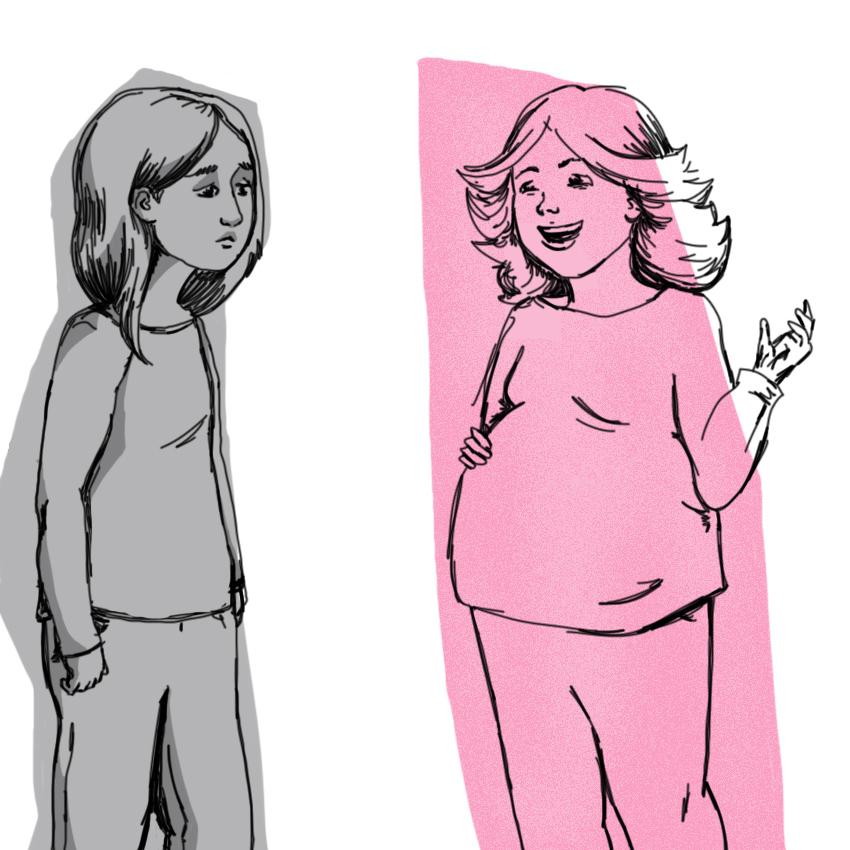
We all know tons of women who got pregnant accidentally, so it's not necessary to remind someone who is dealing with infertility that it's so easy for other people.
Saying something like this may imply that there is something wrong with your friend for not being able to get pregnant.
#3: "You Should See It As A Blessing, Kids Are Hard Work"
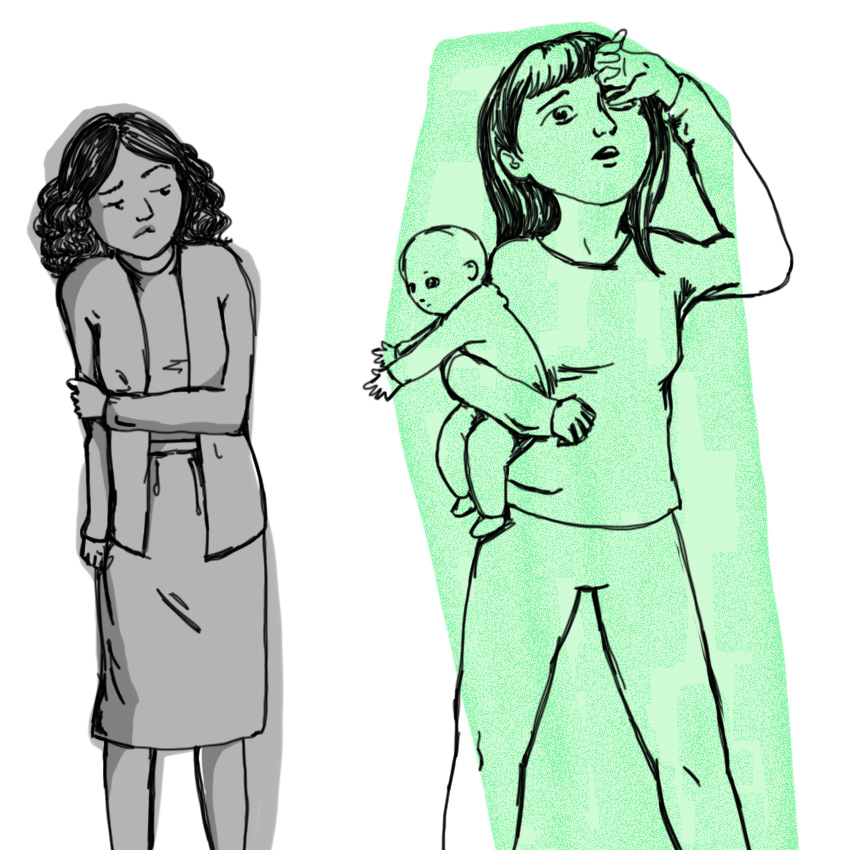
If people are trying to get pregnant, chances are they know just how much work kids are.
When people intentionally work on getting pregnant, they've usually thought about all the implications having a child has — and they've decided it's absolutely worth it.
#4: "You Should Stop Stressing And Relax, Then It’ll Happen"

When people begin trying to get pregnant, they're usually relaxed and excited about the prospect of starting a family. It isn't until later, when it doesn't happen, that they start to get worried about it.
And stressing over it isn't necessarily a bad thing; it helps the couple assess the situation appropriately and start to come up with alternate plans.
#5: "Why Don't You Just Adopt?"
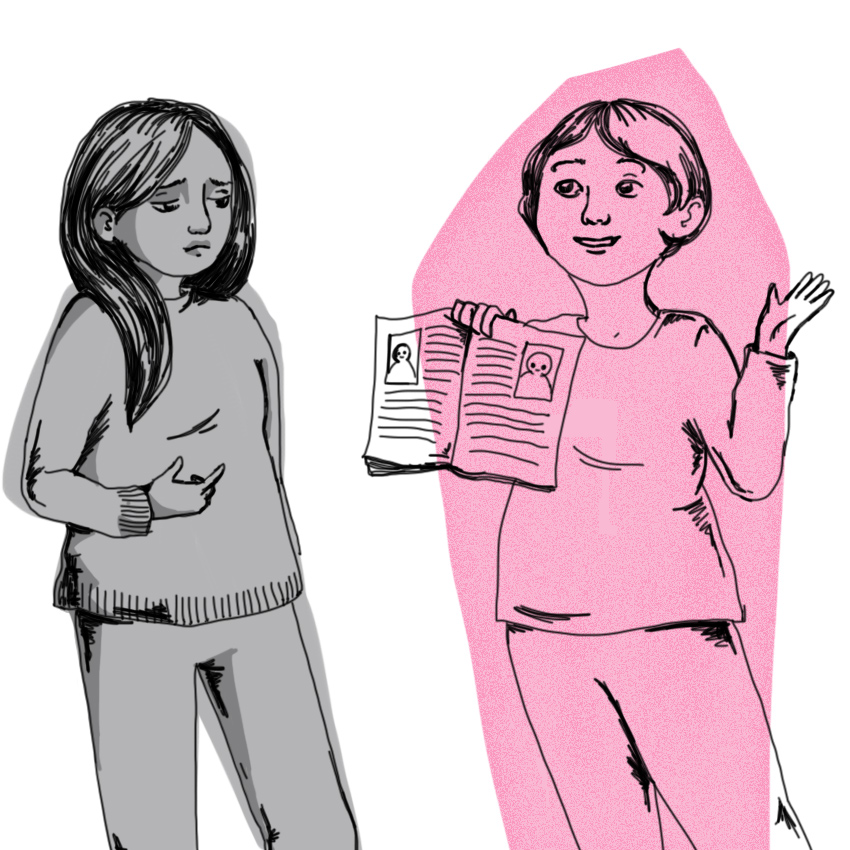
Suggesting adoption may seem like a thoughtful thing to do, but it can imply that the couple should just give up on the prospect of getting pregnant altogether.
It's also important to remember that for many people adoption isn't a viable option. Even if adopting a child is possible, it's not the route some people want to go to get to parenthood.
#6: "You Should Get A Dog Instead"

Like children, dogs provide people with unrequited love. They're a challenge to raise and even cause similar stress for their owners, but they're not the same.
Dogs are wonderful companions, but to imply that a pet is a suitable replacement for a baby isn't the most sensitive.
#7: "You Can Have My Kids If You Want!"
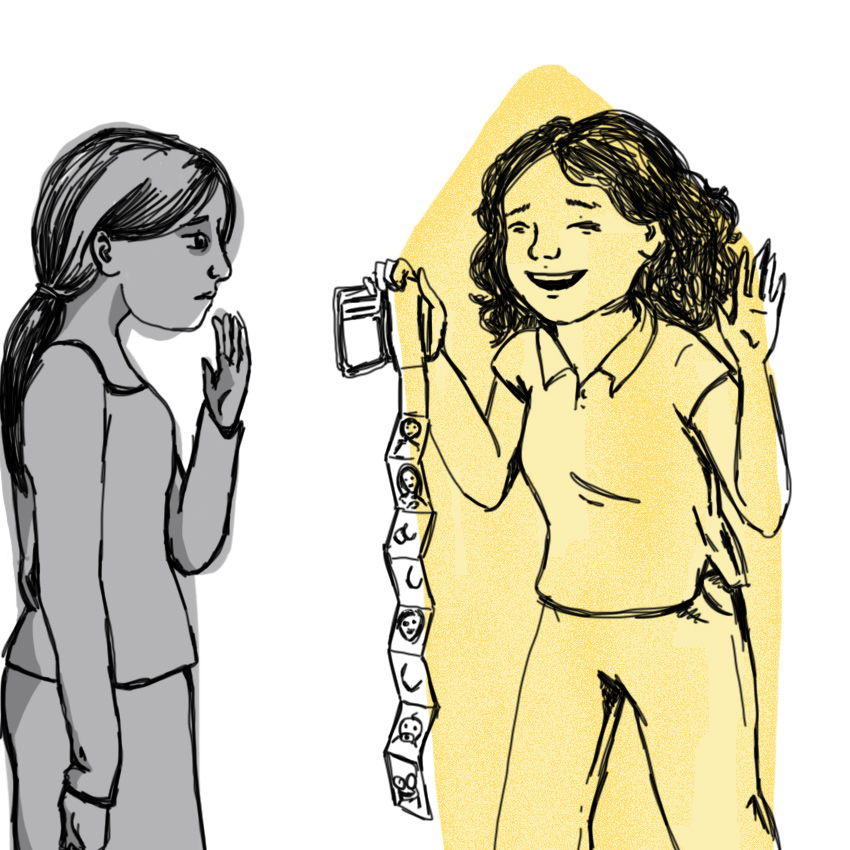
Often, people try to deflect the difficult infertility conversation by joking that they'd happily give up their own kids.
It may seem like a harmless joke, but it can make people feel worse about their own situation.
#8: "If It's Meant To Happen, It Will"

Saying that it's just "not meant to be" can be incredibly hurtful to someone trying to get pregnant.
You might intend for it to be a kind statement, but it's often taken to mean that the universe doesn't want them to have children.
What To Do Instead

Instead of saying these potentially hurtful statements, try to lend an ear. Sometimes all someone needs is a friend to listen to their troubles and provide comfort.
Try to empathize with their situation, and don't bring up babies and kids when it's not necessary. If your friend brings up their own infertility issues, try to be compassionate and ask if there's anything you can do to help or support them. Just explaining that you understand they're struggling and want to be there for them is often enough.
If you think everyone should understand more about infertility, please SHARE this article with your friends.




